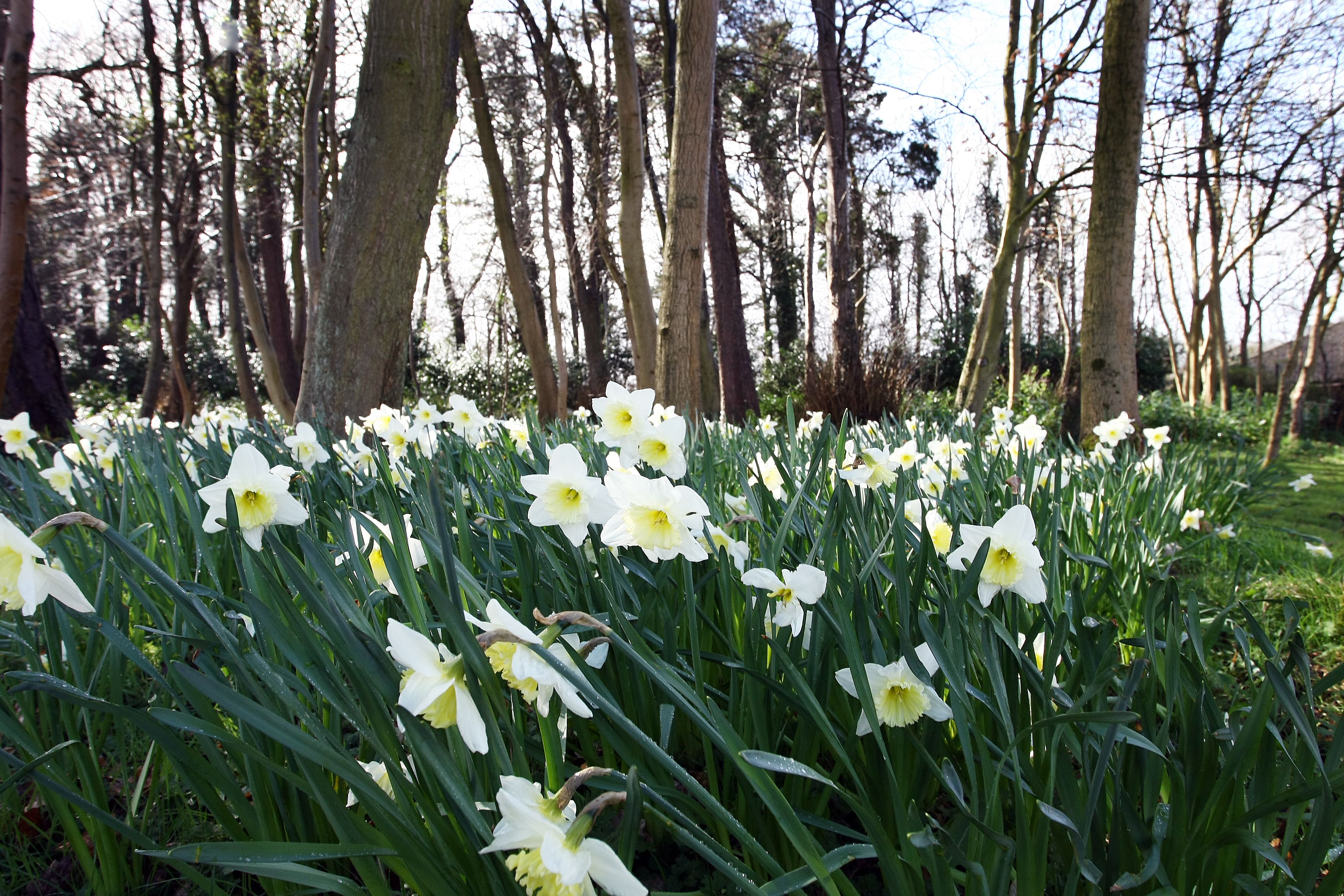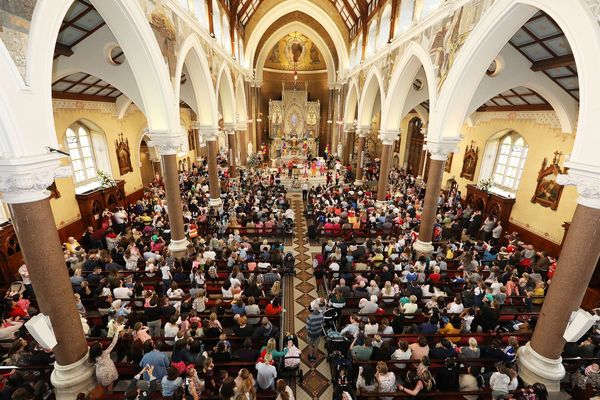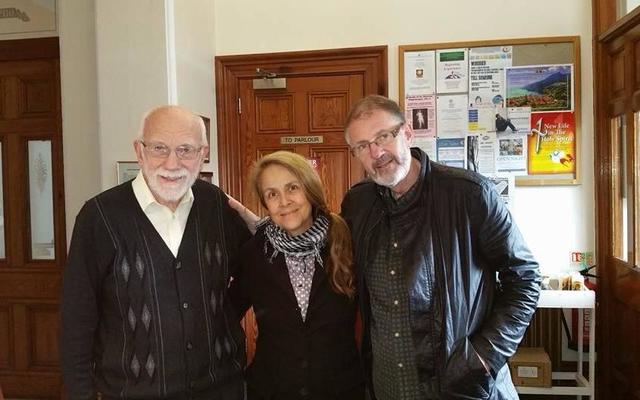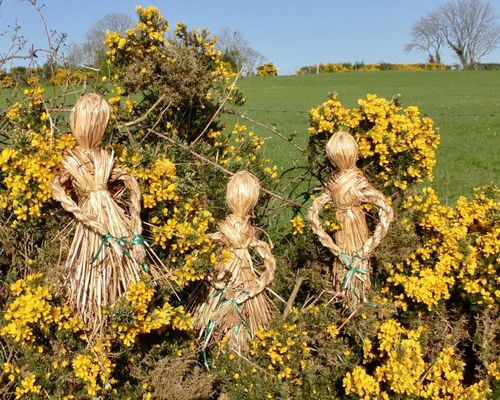IMBOLC, the Celtic festival marking the beginning of spring, holds profound significance in the ancient Celtic traditions and continues to resonate with a timeless message of hope and renewal. As winter's grip begins to loosen, Imbolc emerges as a celebration of the transformative power inherent in the cyclical nature of life.
During Imbolc, the landscape undergoes a subtle but crucial shift. The days gradually lengthen and the Earth awakens from its winter slumber, symbolising the potential for growth and rebirth, its rich carpet bedecked with floral tributes, snowdrops and daffodils, heralding the arrival of spring.
This transition reflects the broader theme of change that permeates Imbolc, emphasising the inevitability of transformation and the perpetual cycle of life. (See the current events at Stormont.)
At the heart of Imbolc lies the symbolic connection between the festival and the Celtic goddess Brigid. Revered as a deity of fire, healing, and poetry, Brigid embodies the nurturing aspects of spring. Her presence during Imbolc underscores the importance of balance, as the transition from winter to spring involves both the purifying element of fire and the promise of new beginnings.
The festival's association with hope is deeply rooted in the understanding that everything is in a state of flux, or as we say in Zen, impermanence.
Imbolc serves as a reminder that, just as winter gives way to spring, challenges can be overcome and darkness can be replaced by light. This cyclical rhythm encourages us to embrace change with optimism, recognising that each ending carries the potential for a fresh start.
Imbolc's celebration of hope echoes the sentiment encapsulated in the phrase 'Hope springs eternal'. The festival serves as a beacon of positivity, urging us to look beyond the harshness of winter and focus on the promise of the season ahead. The symbolism of emerging buds, the first signs of life breaking through the frost, reinforces the idea that, even in the bleakest moments, the potential for growth and renewal persists.
In a world often characterized by uncertainty, Imbolc offers a spiritual anchor, encouraging us to connect with nature and recognise our place within the larger tapestry of life. The rituals associated with the festival, such as lighting fires or candles, signify not only the dispelling of darkness but also the illumination of possibilities that lie ahead.
Imbolc, with its emphasis on change and hope, resonates beyond its Celtic origins.
It transcends cultural boundaries, inviting individuals from diverse backgrounds to reflect on the cyclical nature of life and find inspiration in the perpetual journey towards renewal. As people come together to honour the spirit of Imbolc, we embrace the transformative power of hope and emerge from the shadows of winter with a renewed sense of purpose and optimism for the possibilities that lie ahead.







